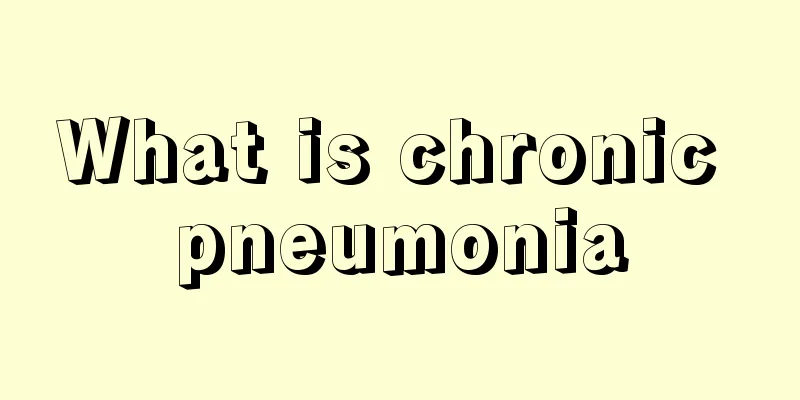How does epilepsy come about

|
We all know that there are more and more epilepsy patients nowadays, and epilepsy patients will bring unimaginable burdens not only to their families but also to themselves. Therefore, when you find symptoms of epilepsy, you must seek medical attention in time to prevent the disease from further deteriorating, so as not to bring financial difficulties to your family and cause certain impacts on your physical and mental health. And the first symptom patients must be closely monitored, seek medical attention promptly, take medication actively, and cooperate with the doctor's treatment. So let’s take a look at how epilepsy comes about! There are many causes of epileptic seizures. 1. Nutritional and metabolic diseases: hypoglycemia, diabetic coma, and hyperthyroidism can all cause epileptic seizures. 2. Poisoning: Lead, mercury, carbon monoxide poisoning, and systemic diseases such as hepatic encephalopathy, hypertension syndrome, acute nephritis, uremia, etc. can all cause epilepsy. 3. Congenital diseases: such as chromosomal abnormalities, hereditary metabolic disorders, brain malformations and congenital hydrocephalus. 4. Intracranial tumors: For patients who develop epilepsy after the age of 30, brain tumors are a common cause, in addition to brain trauma, especially slow-growing oligodendrogliomas, meningiomas, astrocytomas, etc. 5. Trauma: Craniocerebral birth trauma is a common cause of symptomatic epilepsy in infancy and childhood. Contusion, hemorrhage and ischemia can also lead to local brain tissue softening and the formation of epileptic foci in the future. About 5% of adults develop epilepsy after closed head trauma, and the incidence of epilepsy in severe and open head trauma is even higher, reaching about 30%. 6. Cerebrovascular disease: Except for epilepsy caused by cerebral vascular malformations and aneurysms which occur at a younger age, cerebrovascular epilepsy is more common in middle-aged and elderly people. Both hemorrhagic and ischemic cerebrovascular disease can cause epilepsy. 7. Infection: Congestion, edema, toxic effects and exudates in the acute phase of various encephalitis, meningitis and brain abscesses may cause epileptic seizures. Scars and adhesions formed after recovery may also become epileptic foci. Parasitic diseases such as cerebral schistosomiasis, cerebral paragonimiasis, and brain cysticercosis often cause epilepsy. 8. Allergic diseases: such as tuberous sclerosis, Alzheimer's disease, etc. are often accompanied by epileptic seizures. |
<<: What to do if there is too much hair on the sideburns
>>: What disease is tarry stool caused by
Recommend
What tests are needed for ovarian cancer
Early detection of ovarian cancer is crucial. In ...
What is the relationship between prostate cancer and the six factors that cause prostate cancer? Detailed description
In fact, prostate cancer is a malignant tumor tha...
Detailed description: Causes of kidney cancer
As the number of kidney cancer patients continues...
White pustules on the chin
It is a common phenomenon for pustules to grow on...
How to treat menopausal insomnia
Menopause is a process that everyone will go thro...
Shelf life of white tea cake
White tea is also a relatively common type of tea...
Will hives leave scars?
There are many people suffering from urticaria in...
What high-risk factors can cause liver cancer
Liver cancer is a cancerous disease that occurs i...
Hand Shaoyang Sanjiao Meridian Indications
There are many large and small meridians in the h...
The difference between suspended moxibustion and moxibustion
The difference between suspended moxibustion and ...
Why is my face red but not itchy?
In life, everyone pays great attention to the con...
Thermos scale
Thermos in daily life is a common tool for holdin...
Does stage 1b gastric cancer affect life expectancy?
Stage 1b gastric cancer may affect life expectanc...
What are the causes of colon cancer
Colon cancer is the disease with the highest inci...
Diet can prevent prostate cancer. Which foods can prevent prostate cancer?
The prostate organ of male friends is particularl...









